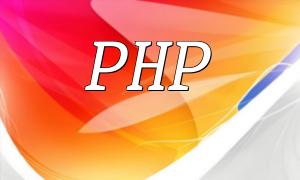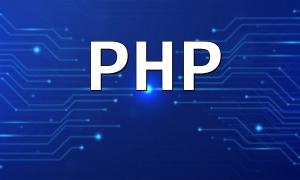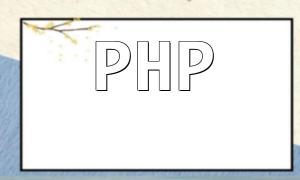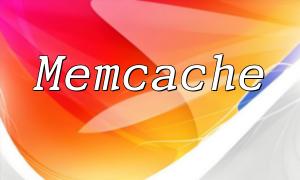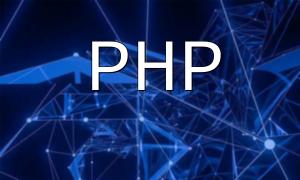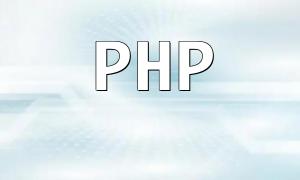Improving function code quality is crucial in PHP development. Applying best practices enhances code reusability, readability, and maintainability. The following methods are commonly effective:
Explicitly specifying the types of function parameters and return values improves code accuracy and IDE support while reducing runtime errors.
function sum(int $a, int $b): int
{
return $a + $b;
}
Organizing functions into namespaces avoids name conflicts and improves code structure clarity and maintainability.
namespace App\Math;
function sum(int $a, int $b): int
{
return $a + $b;
}
Using DocBlock comments to describe function purpose, parameters, and return values helps with team collaboration and automated documentation generation.
/**
* Calculate the sum of two integers.
*
* @param int $a The first integer.
* @param int $b The second integer.
* @return int The sum of the two integers.
*/
function sum(int $a, int $b): int
{
return $a + $b;
}
Reducing function dependencies on global variables improves code modularity and ease of testing.
Use try-catch blocks or error triggers to handle exceptions gracefully during function execution and prevent unexpected script termination.
try {
$result = sum($a, $b);
} catch (TypeError $e) {
echo "Error: Invalid input types.";
}
Functions should focus on a single task, avoiding complexity and length. When necessary, break them into smaller sub-functions.
function formatDate(int $timestamp): string
{
return date('Y-m-d', $timestamp);
}
By following these practices, the quality of PHP function code can be significantly enhanced, making development more efficient and the codebase more maintainable and stable.
